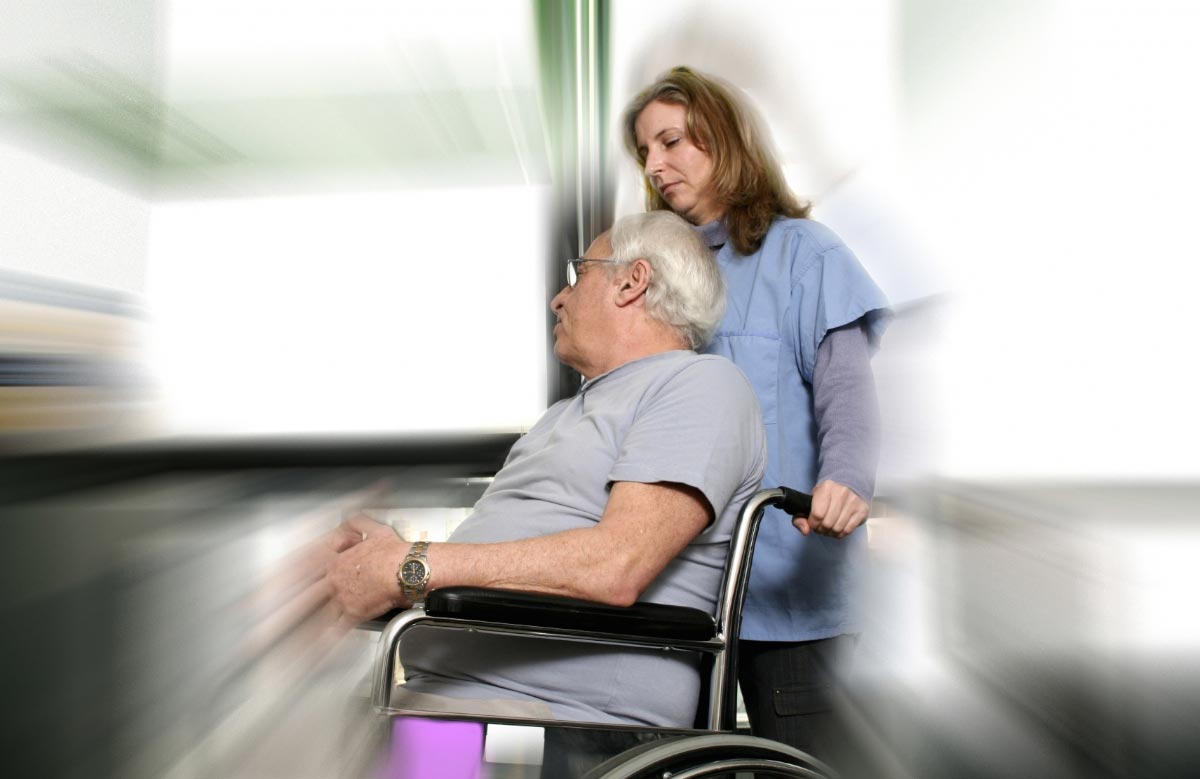Older people admitted to the hospital are at increased risk of disability and functional decline
03/17/2019 / By Jude Henry

Many people believe that seeking out care through the medical system or even being admitted to the hospital is going to help them and improve their health. In theory, perhaps this should be true, but in reality, it certainly is not. A study completed by researchers at Yale University showed that older adults who were admitted to the hospital then faced increased risk of being disabled and experiencing other health declines.
An alarming study and wake-up call
The study, which was published in the Annals of Emergency Medicine, was part of the ongoing and long-term Precipitating Events Project at Yale. It included 700 participants and assessed three groups of people: older adults who went to the emergency room for an injury or illness and were not then admitted to the hospital, older adults who went to the emergency room and were then admitted to the hospital, and older adults who didn’t go to the emergency room at all (the control group).
Sadly, the results indicated that the older adults who were hospitalized fared the worst of the three groups, with this group having higher rates of becoming disabled and experiencing other declines in physical health for up to six months after hospitalization. They were more likely than the other two groups to be in nursing homes or to even die. But again, isn’t being admitted to the hospital supposed to help the patient, not lead to them experiencing health declines? A U.S. News article from July 2016 indicates otherwise.
It would be extremely interesting to know exactly why older adults who have been hospitalized and have gone to emergency rooms are becoming disabled at higher rates. Is it because of the toxic medications they are given at the hospital and after? Is it because of negative effects after surgery? Is it because of hospital-acquired infections that have devastating long-term effects? Clearly, more research is needed to get to the bottom of what is really going on and why.
A domino effect on medical costs
To make matters worse, the disability experienced by those older adults after hospitalization also leads to staggering increases in medical and long-term care costs (that is, many billions of dollars per year). Yet many older adults are already pinching pennies and typically do not have large amounts of extra cash to throw at health issues and medical bills. (Related: Hospital warning: medical errors kill 195,000 Americans each year, says new study.)
A better pathway to health
The lesson in all of this? If at all possible, avoid hospitals and emergency rooms. Of course, sometimes they are necessary, especially during acute situations involving life-threatening illnesses and injuries. Adults of all ages should do everything in their power to stay healthy through wise lifestyle practices. This includes quality nutrition based on whole, unprocessed foods as well as nutritional supplements targeted to the individual person’s needs. Also necessary are plenty of sleep and rest, stress management and reduction, adequate gentle movement and avoiding toxins of all kinds. And of course, mindset and attitude are critical components to the health picture. It is important to laugh and smile often, because after all, laughter is the best medicine of all.
Although it is never too late to begin healthy lifestyle practices, it is ideal to get on track at a younger age. This improves the chances of preventing medical conditions that require trips to the hospital and emergency room. The elders in society deserve respect and care, so let’s all work to educate and inform them on proper health practices. Let’s steer them toward safer and more cost-effective natural remedies and practices that can yield profound positive differences in their lives.
Sources include:
Tagged Under: bad doctors, disability, elderly, functional decline, Hospitals, medical errors



















